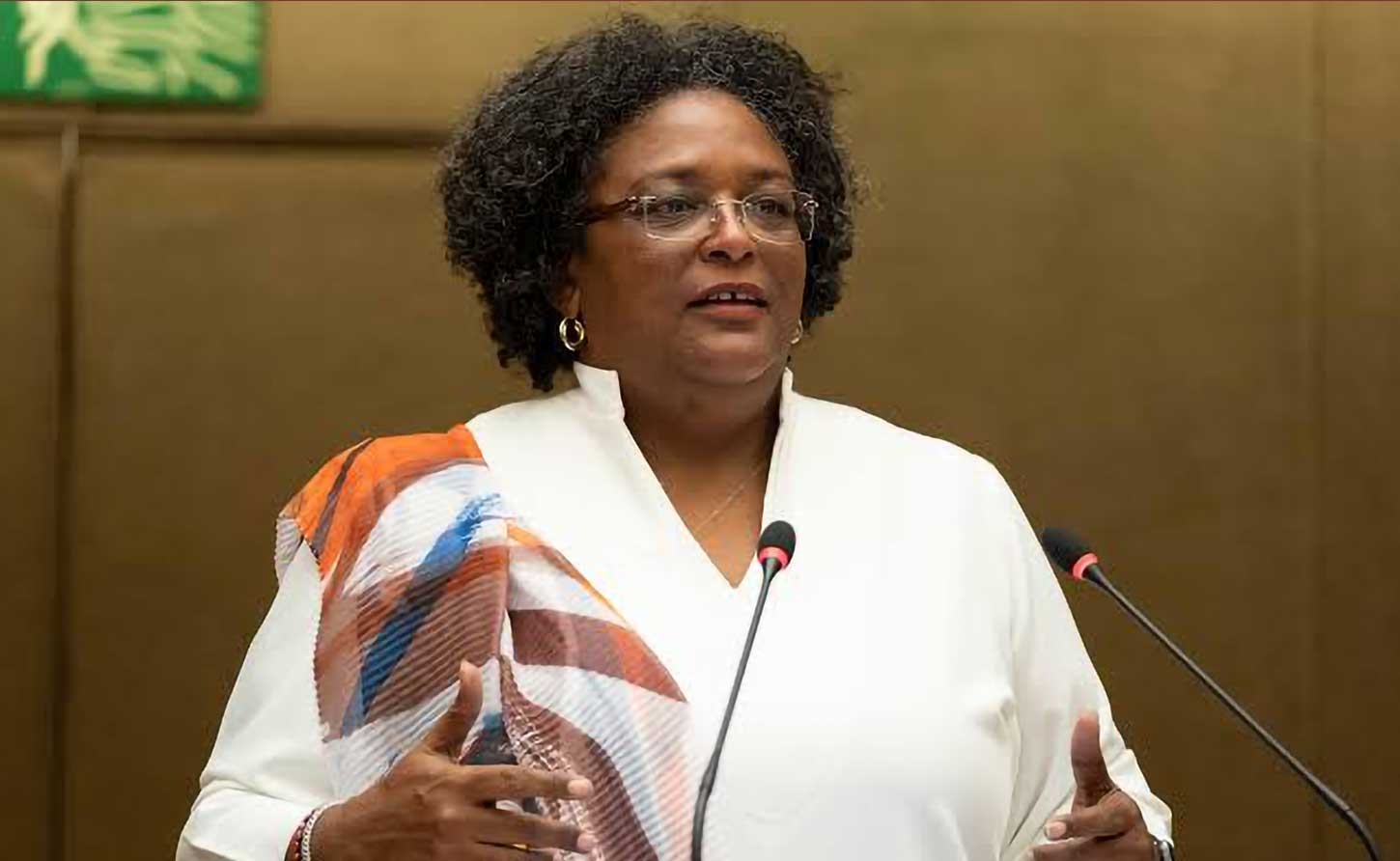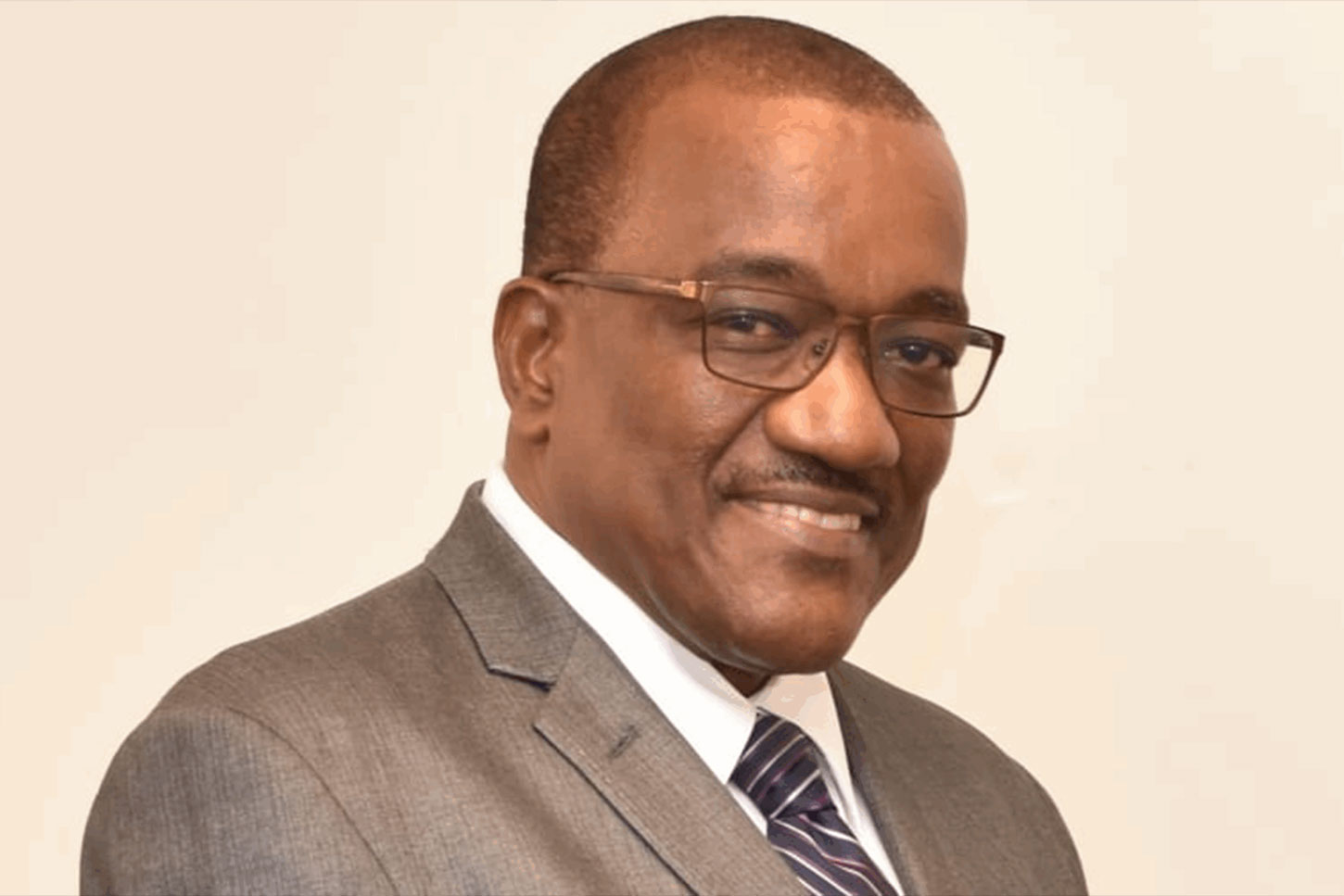BARBADOS Set to Swear In Second President Since Historic Republic Transition

Retired military officer Jeffrey Bostic wins unanimous parliamentary approval to succeed Sandra Mason as head of state
BRIDGETOWN, Barbados — In a demonstration of rare political unity, Barbados's Parliament has approved retired Lieutenant Colonel Jeffrey Bostic as the island nation's second president since it transitioned to a republic four years ago, ending three centuries of British monarchical rule.
A joint session of the House of Assembly and Senate on Tuesday unanimously endorsed the 64-year-old former military officer and wellness minister, who will assume the ceremonial presidency at the end of November when the term of former judge Sandra Mason expires.
The cross-party support signals broad confidence in Bostic's ability to lead the young republic through its continued evolution as an independent nation.
The appointment marks another milestone in Barbados's constitutional journey. In November 2021, while much of the world remained gripped by the COVID-19 pandemic, the island made international headlines by formally removing Queen Elizabeth II as head of state and installing Mason as its first president.
The historic transition placed Barbados alongside fellow Caribbean Community (CARICOM) members Guyana, Trinidad and Tobago, and Dominica as the only republics within the 15-nation bloc, apart from Suriname and Haiti, which were not former British colonies.

During Tuesday's joint sitting, Prime Minister Mia Mottley delivered a strong endorsement of the president-elect, highlighting his multifaceted qualifications. "I believe that Jeffrey Bostic possesses all of these qualities," Mottley told lawmakers. "His record speaks eloquently with multi-disciplinary coordination, policy development and implementation, strategic planning, and proven leadership."
The prime minister emphasized what she called Bostic's exceptional character, noting that he came with "the moral authority that comes only from a lifetime of putting nation and community before self." Such praise from a sitting prime minister carries weight, but perhaps more significant was the enthusiasm from the opposition benches.
Opposition Leader Ralph Thorne of the Democratic Labor Party offered equally glowing remarks, underscoring the importance of steady leadership in the presidential office. "Sometimes those waters are calm, sometimes those waters are tempestuous," Thorne stated.
"That is why the office of the head of state becomes all-important. That person must bring to the office a steady hand. That person must bring to the office stability. And above all, that person must bring to the office wisdom and a sense of justice."
The DLP's unreserved support for a government-nominated president is noteworthy in an era when political polarization has deepened in many democracies worldwide. The consensus around Bostic suggests that Barbados's political establishment has found common ground on the qualities required for the largely ceremonial but symbolically crucial role.
As president, Bostic will serve as head of state in a Westminster-style parliamentary system where executive power remains with the prime minister. However, the position carries significant moral and symbolic authority, representing national unity and constitutional continuity.
The president's duties include opening Parliament, conferring honors, and serving as a non-partisan figurehead for the nation.
Sandra Mason's pioneering tenure as Barbados's first president established important precedents for the office. Her dignified presence during the republic transition helped ease public concerns about the constitutional change, demonstrating that removing the monarchy need not disrupt democratic stability or cultural identity.
Bostic now inherits that foundation. His unanimous approval and the bipartisan praise he has received suggest he is well-positioned to build on Mason's legacy. For Barbados, the smooth transition between its first and second presidents offers reassuring evidence that its republican experiment is maturing successfully.
As November approaches, the island prepares to write another chapter in its ongoing story of self-determination and constitutional independence.
-30-
